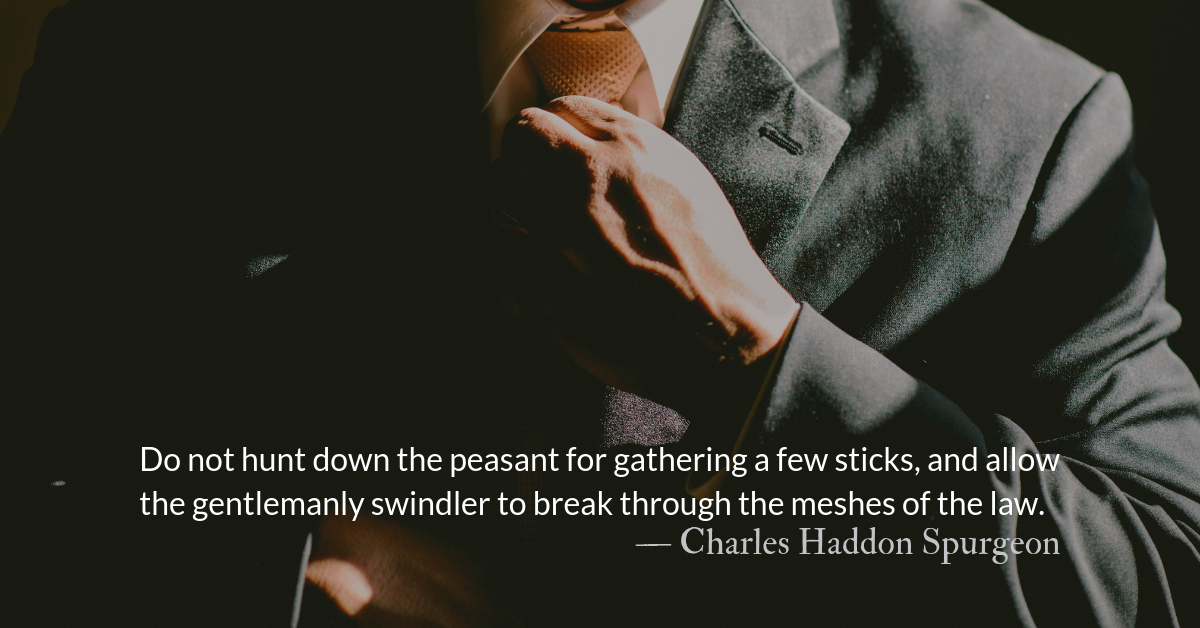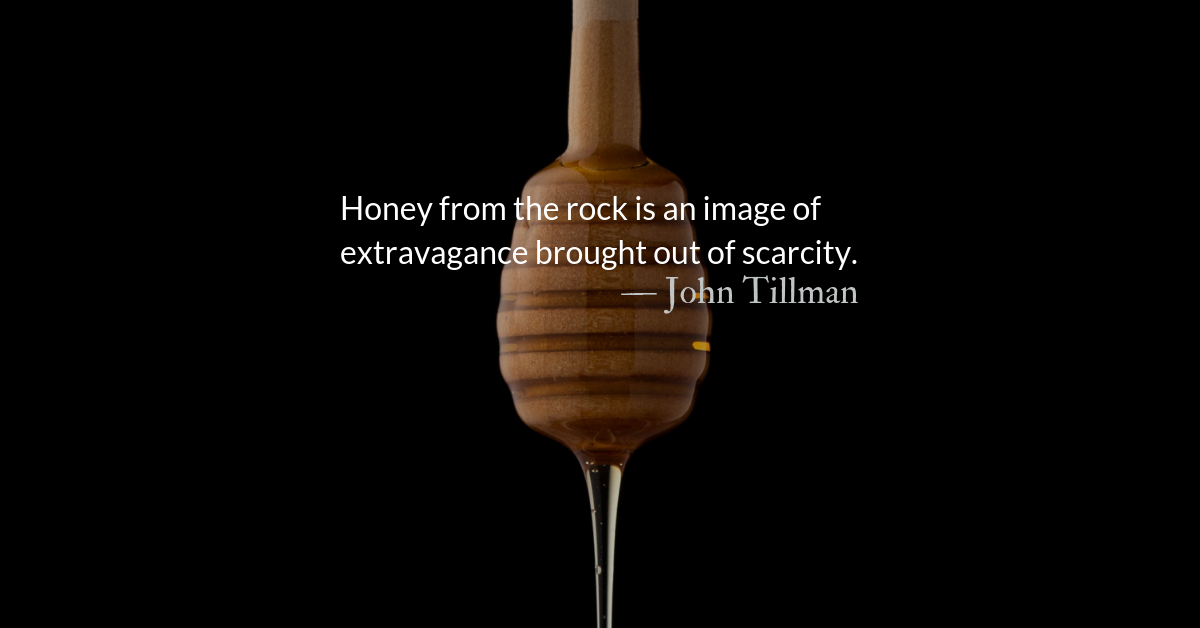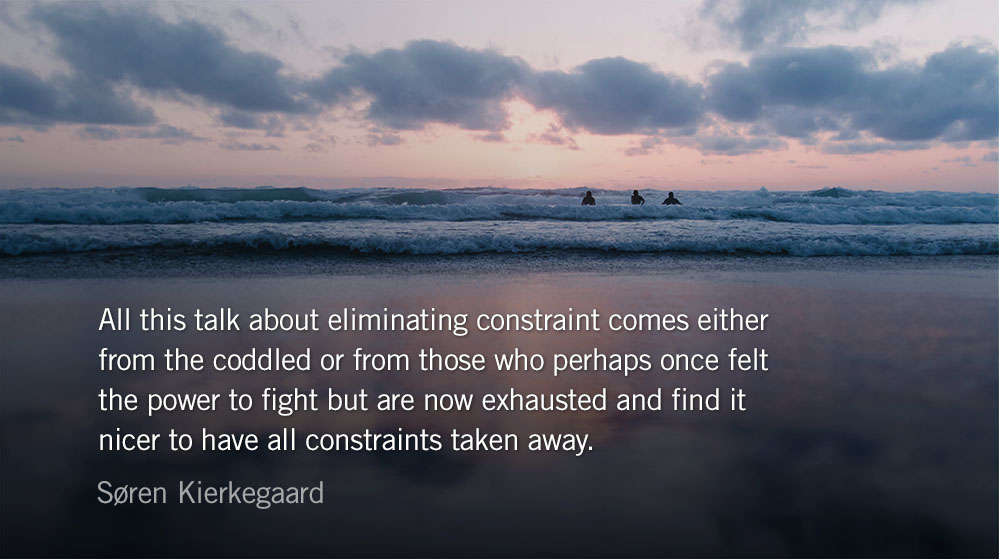Psalm 83.17-18
May they ever be ashamed and dismayed;
may they perish in disgrace.
Let them know that you, whose name is the Lord—
that you alone are the Most High over all the earth.
Reflection: Worship and Politics
By John Tillman
People often complain that preachers, Christian leaders, or Christian musicians should, “stay out of politics.” This seems to only be expressed by those whose politics have been challenged on a biblical basis. I have never heard anyone say that a politically tinged sermon which agreed with their politics was “too political.”
Here, Charles Spurgeon analyzes Asaph’s Psalm 82 (which we read yesterday) but his analysis could be applied to any of Asaph’s twelve Psalms, including the ones we read today. Asaph often addresses himself to national concerns and the shortcomings of rulers. In his commentary, Spurgeon rejects the notion that “worship” must be divorced from criticizing political leaders or advocating for political causes.
“We have here a clear proof that all psalms and hymns need not be direct expressions of praise to God…the sweet singer was not forsaking his profession as a musician for the Lord, but rather was…praising God when he rebuked the sin which dishonored him, and if he was not making music, he was hushing discord when he bade rulers dispense justice with impartiality.”
The great preacher is particularly concerned with the way the government, specifically judges, should treat the poor.
“Judges shall be judged, and to justices, justice shall be meted out…Their harsh decisions…are made in the presence of him who…is the champion of the poor and needy…Look not to the interests of the wealthy whose hands proffer you bribes, but protect the rights of the needy…do not hunt down the peasant for gathering a few sticks, and allow the gentlemanly swindler to break through the meshes of the law.
Break the nets of the man-catchers…the bonds, the securities, with which cunning men capture and continue to hold in bondage the poor and the embarrassed. It is a brave thing when a judge can liberate a victim like a fly from the spider’s web, and a horrible case when magistrate and plunderer are in league. Law has too often been an instrument for vengeance in the hand of unscrupulous men, an instrument as deadly as poison or the dagger. It is for the judge to prevent such villainy.”
There is no topic outside the scope of scripture and each dominant party’s platform is anti-biblical in one area or the other. May our preachers, leaders, and singers boldly confront injustice no matter the rulers responsible.
Prayer: The Refrain for the Morning Lessons
Gracious and upright is the Lord; therefore he teaches sinners in his way. — Psalm 25.7
– From The Divine Hours: Prayers for Springtime by Phyllis Tickle.
Today’s Readings
Deuteronomy 2 (Listen – 5:06)
Psalm 83-84 (Listen – 3:20)
Thank You!
Thank you for reading and a huge thank you to those who donate to our ministry, keeping The Park Forum ad-free and enabling us to continue to produce fresh content. Every year our donors help us produce over 100,000 words of free devotionals. Follow this link to support our readers.
Read more about Celebrating Earthly Kingdoms
Patriotism based on national pride is an easy idol to fall victim to. So is anti-patriotism. This is true whether anti-patriotism is based on national cynicism or idolatry of party instead of nation. Christians must avoid all of these.
Read more about Who is Your King?
When God sets out to make things new, he eschews governments. He starts a family. He lifts up the outcast. He frees the slave. He gathers a community. The privilege of God’s people is not to be used, but to be loved, to love each other, and serve others with, and lead others to, that love.











